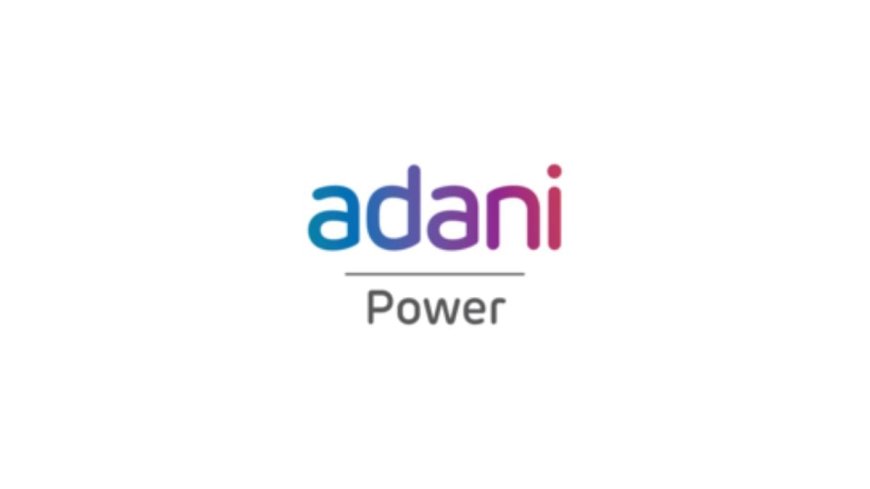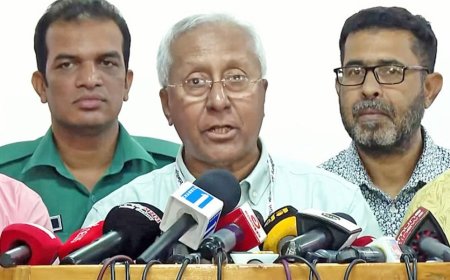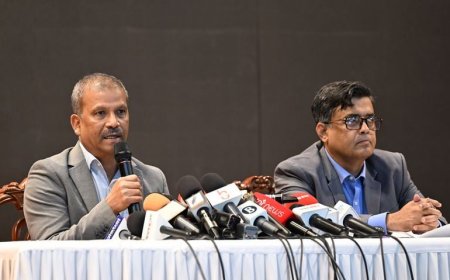Is Bangladesh able to amend or terminate its agreement with Adani Power?
Is-Bangladesh-able-to-amend-or-terminate-its-agreement-with-Adani-Power

- Several clauses in the agreement heavily favor Adani, raising significant financial concerns.
- Bangladesh is obligated to pay $450 million annually, even if no electricity is imported.
The electricity purchase agreement between Bangladesh and Adani Power, a subsidiary of India’s Adani Group, has recently come under scrutiny following a High Court directive to establish a high-level committee to review the deal. Amid rising concerns over its financial and legal implications, Bangladesh Power Development Board (BPDB) Chairman Md Rezaul Karim told Dhaka Tribune that it is premature to determine whether the agreement will be annulled or revised post-review.
-
Complexity of Contract Termination:
“Terminating any contract during its term is highly complex, involving international courts and multiple processes,” Karim explained. He emphasized the need to first review the contract thoroughly to identify any issues or defaults before making a decision. The BPDB chairman added that the High Court-mandated committee would assess the agreement, with actions to follow based on its findings.“This contract, signed in 2017, predates my tenure, so I have not reviewed it yet and cannot comment further,” Karim stated.
-
Background of the Agreement:
The BPDB signed the power purchase agreement with Adani Power on November 5, 2017, for 1,496 megawatts of electricity. Sources reveal the deal was marked by secrecy, with the draft not shared with other government departments or internally within the BPDB—a deviation from standard practices.According to an anonymous BPDB official, the then-chairman, Khaled Mahmood, signed the contract under instructions from the Ministry of Power and Energy without reviewing it. Dr. Ahmad Kaikaus, the power secretary at the time, reportedly oversaw the deal.
-
Problematic Clauses:
Problems in the contract emerged in 2022, despite its secretive nature. Signed under the Quick Enhancement of Electricity and Energy Supply (Special Provisions), 2010, the agreement includes several controversial clauses:- Clause 3.1(b): BPDB must pay penalties if it purchases less than 34% of Adani’s plant capacity.
- Clause 13.1(g): Bangladesh bears the costs of coal, shipping, and port expenses for unused electricity.
- Schedule 6, Table C: Coal prices are calculated using indices from Indonesia and Newcastle with no upper limit, exposing BPDB to potential price hikes.
Additional concerns include higher electricity costs due to long coal transportation routes and an annual capacity charge of $450 million for 25 years, payable even without importing power. The agreement also obliges Bangladesh to cover Adani’s taxes for 25 years, despite India’s regulatory changes granting Adani’s Godda plant tax-free benefits.
-
Force Majeure Exemptions:
Adani faces no penalties for supply disruptions due to political or natural events, while BPDB is not afforded similar protections under Articles 16 and 16(a).According to a 2018 report by the Institute for Energy Economics and Financial Analysis (IEEFA), this agreement could cost Bangladesh an additional Tk70,000 crore over 25 years.
-
Indian Regulatory Changes and Future Implications:
India’s amendment to its electricity export regulations in 2018 permits power plants like Adani’s Godda facility to sell electricity domestically if export capacity is underutilized. This change raises questions about the viability of export-only agreements tied to Bangladesh. -
Challenges of Cancellation:
With only two years elapsed in the 25-year deal, unilateral cancellation would be a lengthy and costly process involving international arbitration. The BPDB official highlighted potential repercussions on Bangladesh-India relations as another critical consideration. -
Court-Mandated Review:
Following a writ petition, the High Court ordered the formation of a committee comprising international law and energy experts to evaluate the deal. The committee has been tasked with submitting its findings within three months.Meanwhile, Adani has reportedly pressured Bangladesh over payment arrears and threatened to suspend power supply amid growing tensions.
What's Your Reaction?





















































































